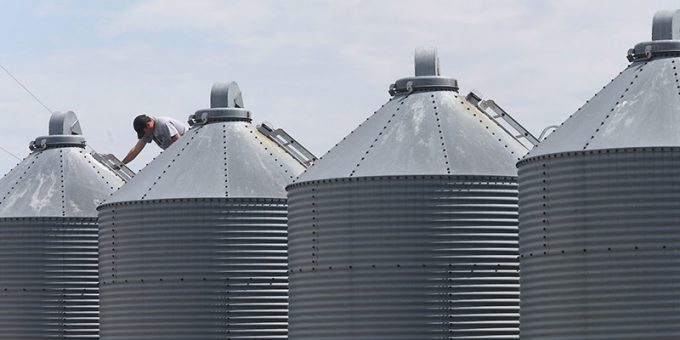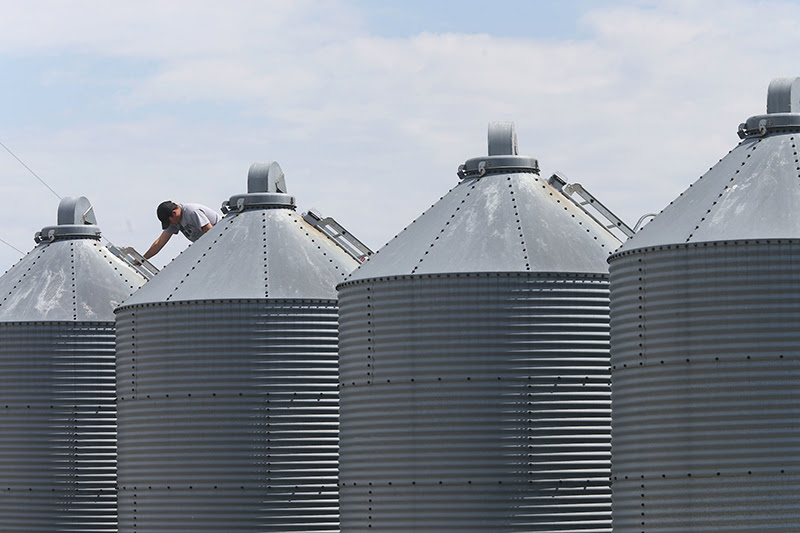
WEST LAFAYETTE – Purdue University’s Agricultural Safety and Health Program has released the annual 2020 Summary of U.S. Agricultural Confined Space-Related Injuries and Fatalities report.
The program reported 64 fatal and non-fatal cases involving agricultural confined spaces, including 35-grain entrapments, seven falls into or from grain storage structures, four asphyxiations, and 12 equipment entanglements.

The total number of cases represents a 4.5 percent decrease from the number documented in 2019. However, it was also reported that the number of agricultural confined space-related fatalities documented exceeded the
number of reported mining-related fatalities in 2020 (35 versus 29).
“As is well documented in past annual summaries, there is a direct correlation between out-of-condition grain and an increased likelihood of worker exposure to entrapment situations,” the report states. “Never enter a grain bin with evidence of crusting on the surface or within the grain mass. If the grain is crusted or the floor outlets are plugged, contact a professional grain salvage service that has the equipment and experience to remove out-of-condition grain.”
Purdue’s Agricultural Safety and Health Program has monitored grain storage, handling and transport incidents for 40 years using sources including news reports, web searches, personal interviews and voluntary reporting from extension educators and individuals. Despite no comprehensive or mandatory agriculture incident or injury reporting system, the group aims to bring public awareness to agriculture injuries and fatalities to develop safety mitigation strategies.
The full report and grain safety resources are available online.
Information: Abby Leeds, mayer36@purdue.edu
Source: Bill Field, field@purdue.edu



